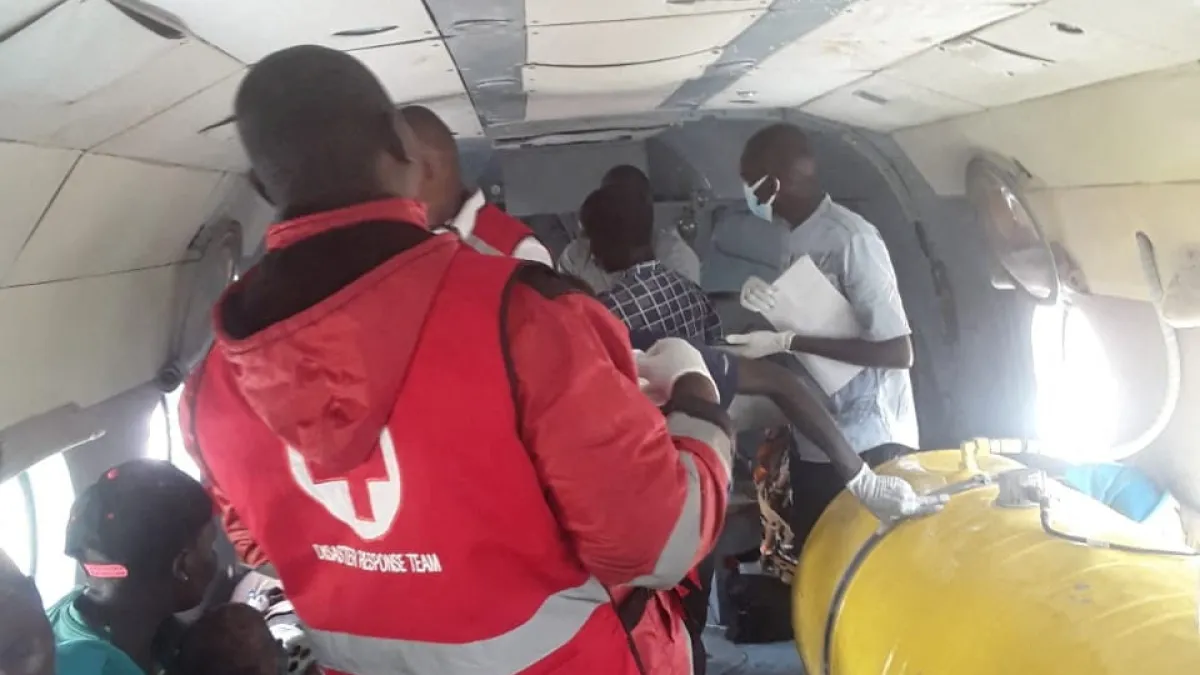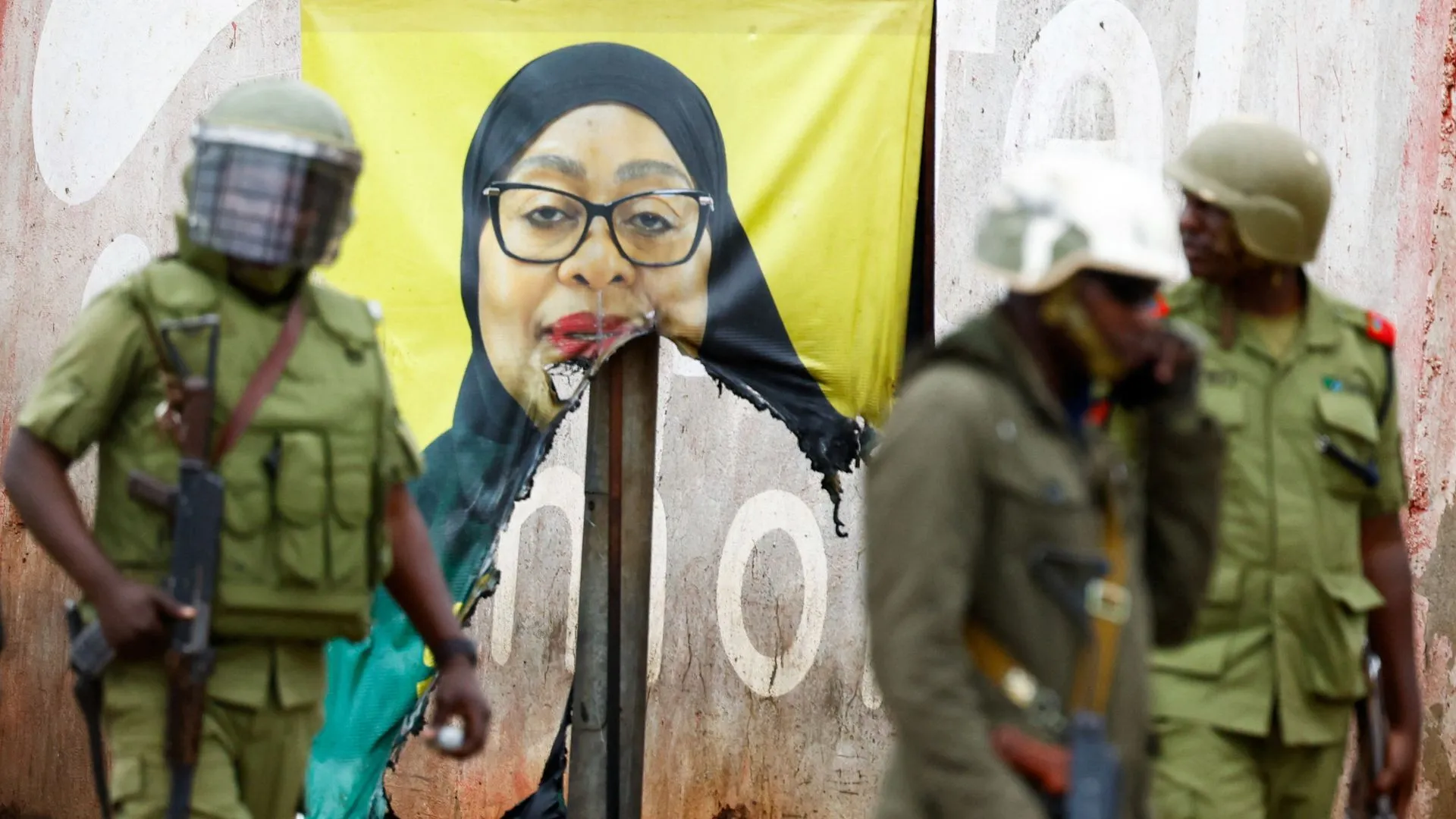Landslides in Kenya’s Rift Valley leave 21 dead, 30 others missing | Climate News
Aerial footage from Elgeyo-Marakwet County shows massive mudslides and flash flooding stretching over vast distances.
Published On 2 Nov 2025
Heavy rains have triggered landslides in Kenya’s western Rift Valley region, killing at least 21 people and destroying more than 1,000 homes, according to officials.
Kenyan Cabinet Secretary for the Interior Kipchumba Murkomen, in a statement on X on Saturday, said at least 25 people with “serious injuries” have been airlifted from Elgeyo-Marakwet County to the city of Eldoret for medical attention, while at least 30 remain missing.
Recommended Stories
list of 4 itemsend of list
He said that rescue efforts would resume on Sunday, with help from the military and the police.
“Preparation to supply more food and non-food relief items to the victims is underway. Military and police choppers are on standby to transport the items,” he added.
The landslide occurred overnight in Elgeyo-Marakwet County’s hilly area of Chesongoch in western Kenya, which has been battered by heavy rains amid the country’s ongoing short rainy season.
Local Stephen Kittony told the Citizen Television station that he heard a deafening sound and, together with his children, rushed out of his house and ran in different directions.
The Kenyan Red Cross shared aerial images from the region that showed massive mudslides and flash flooding stretching over vast distances.
It said it was coordinating rescue efforts with the government, including air evacuations for the injured.
“Access to some of the affected areas remains extremely difficult due to flooding and blocked routes,” it said in a statement on X.
Aerial views show the extent of destruction in Chesongoch after heavy overnight rains triggered a landslide and flash floods.
Kenya Red Cross teams, working with the National and County Governments, are coordinating rescue and relief efforts, including air evacuations for the… pic.twitter.com/SrVmFYF5fr
— Kenya Red Cross (@KenyaRedCross) November 1, 2025
The hilly area of Chesongoch is prone to landslides, which left dozens of people dead in separate incidents in 2010 and 2012. A shopping centre was washed away in 2020 by raging floods.

